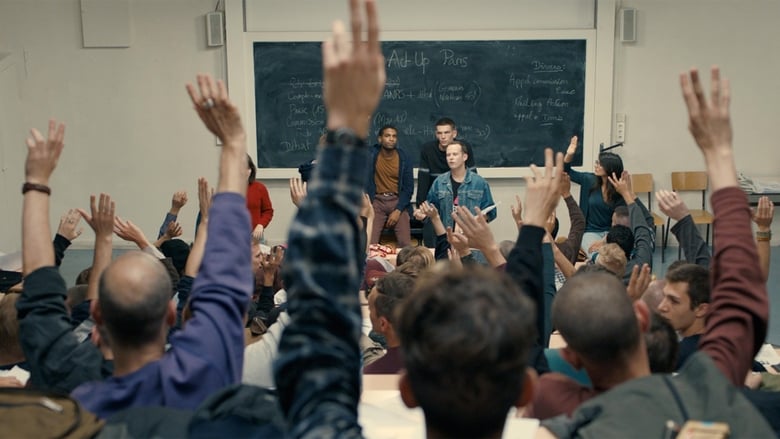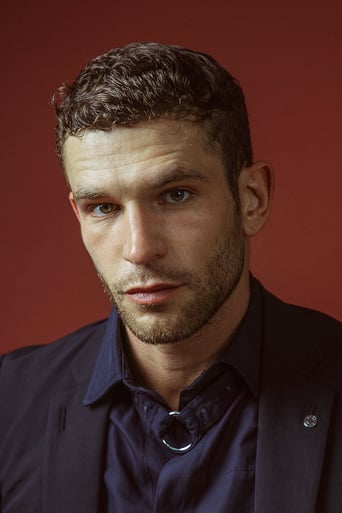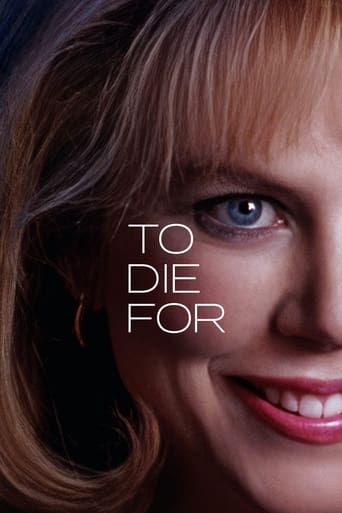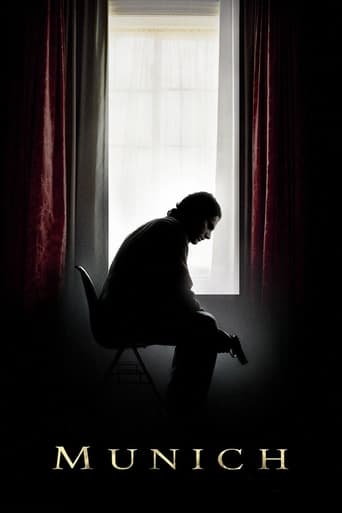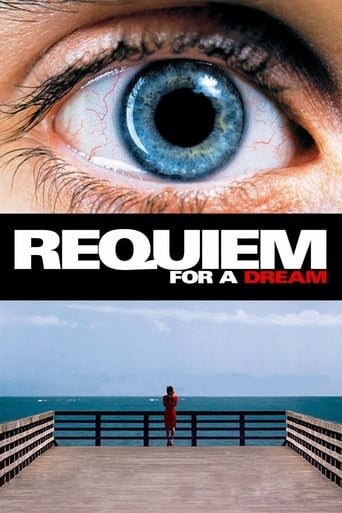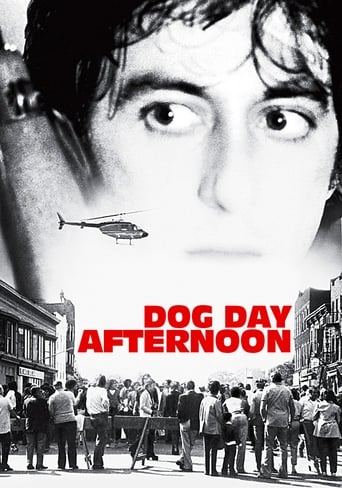BPM (Beats per Minute) (2017)
Paris, in the early 1990s: a group of young activists is desperately tied to finding the cure against an unknown lethal disease. They target the pharmaceutical labs that are retaining potential cures, and multiply direct actions, with the hope of saving their lives as well as the ones of future generations.
Watch Trailer
Cast


Similar titles
Reviews
Best movie ever!
A waste of 90 minutes of my life
It's fun, it's light, [but] it has a hard time when its tries to get heavy.
Blistering performances.
Drawing on his and his co-writer Philippe Mangeot's personal experiences, French queer filmmaker Robin Campillo's third feature BPM (BEATS PER MINUTE) vehemently re-enacts the activism of ACT UP (AIDS Coalition to Unleash Power) group's Paris branch in the early 90s during the hiking AIDS pandemic. As a César awards' BEST FILM recipient, BPM emanates immersive intimacy that foremost registers the immediacy of status quo, whether it is their hands-on non-violent protests on various occasions aiming at the government's inaction and apathy, the pharmaceutical corporate's sloth and cupidity in the form of immoral hunger marketing, or, predominantly, during their convocations where members contend, dispute and express their ideas and methods in a diplomatic fashion, met with either approving finger-snapping or plain hissing. Campillo's method is unpretentiously engaging with his fly-on-the-wall lens, allots munificent time to studiously record the sparks-flying meetings and tries to reach as many individual's voices as possible, even sometimes it feels erring on the side of repetition because their situation is pretty dire while their adversity has no conscience to repent. Moreover, Campillo doesn't whitewash the internecine ill-will that inherently lives and breathes inside any sort of human congregation, best incarnated by the ambivalent relation between our protagonist Sean (Biscayart) and the group leader Thibault (Reinartz). That tactile intimacy also flows in the veins of the central romance between Sean and Nathan (Valois), and it is the latter's novice perspective that serves as the guidance of leading audience into a terra incognita in the first place. Their interaction runs tellingly from full-on sexual congress that defies fear and embraces love, to their tête-à-têtes shedding lights on their respective past, until the later stage when Sean's vitality begins to be overtaken by the virus, where a sense of tacit understanding holds out during his last days (including one last lurid orgasm on his hospital bed). The crunch to eventually put Sean out of misery which Nathan executes with superb efficiency on top of smoldered anguish, chimes in brilliantly with Campillo's clinically perceptive take on the concomitant aftermath of Sean's demise, repressed grief, wistful relief and an insidious dread that haunts the rest "pozs", a soul-eating hopelessness becomes a sign of the times for queer community. On the less graver front, Campillo ascertains that mood is high in daylight Gay Pride marches and vibes are sensuous in fluorescent abandon on the dance floor, striking visual flourishes include a nightspot Tyndall effect being glisteningly transformed into a virulent aggression and a blood-soaked Seine imagined by a deteriorating Sean, as his silent last cri de coeur. Performance-wise, Campillo marshals a cracking, preponderantly youthful cast that exudes passion and spontaneity, besides his usual vim-and-vigor, the Argentina-born Nahuel Pérez Biscayart is tasked with a grueling body-emaciation which he rounds off summa cum laude, a daunting transmogrification futher underlined by the diminished color in his bulging eyes; newcomer Arnaud Valois, counterbalances Biscayart with dignified aplomb and quietening restraint that immediately distinguishes him from rest of the stigmatized activists; both Antoine Reinartz and Adèle Haenel (who plays the avid lesbian activist Sophie), pull their backs into the heady contestation with zest and artistry, plus the former makes a good fist of showing the elusive complexity burdened by a leader figure. Encompassing and melding the tripartite elements of queerness, politics and mortality, BPM is an intrepid critique that covers warts and all of a pyrrhic fight in its darkest years.
This film remains timely despite it's historical perspective of French Protesting to advance HIV research and viable medical treatment. Funding is always precarious as politics, stereotypes and access to prevention remains limited almost 40 years later. Definitely a film to see.
N Paris in the 1990s, a group of AIDS activists (the Paris chapter of ACT UP) plans regular meetings to set up demonstrations and protests - mainly against drug companies. Two members of the group become involved in a romance: Sean (Nahual Perez Biscayart), a long-time activist who is HIV-positive; and Nathan (Arnaud Valois), an activist newcomer who is HIV-negative."BPM" lacks a full historical context as to why ACT UP is so angry against the drug companies among other institutions and individuals. While the urgency is understandable for those living with AIDS, there is no perspective given to drug companies on why they and their representatives are so despised. They (of the drug companies) are given too little exposure for the viewer to understand their perspective. Perhaps a scenario of annoying bureaucracy would have been helpful. During that tragic time period, there was a lot of indifference, denial, and prejudice about AIDS. This is not reflected well enough in the film. Instead, the drug company reps look innocent while some of the ACT UP activists come off as violent and harsh. This should not have been the case.But the movie truly shines in the relationship between Sean and Nathan. Both actors do a great job especially Perez Biscayart who shows a strong range as Sean's physical condition gradually deteriorates. The film also excels in a particularly moving death scene. It is very realistic as those grieving share a collective silence and awkwardness among each other. This scene easily reminds viewers of the various losses in our own pasts. Despite the film's flaws, its assets make it a touching experience.
ACT UP was an activist group that sprung up in the New York City AIDS community. BPM is a bracing energetic look at its sister group in Paris in the 90s. To it's credit, BPM Director Robin Campillo and writer Philippe Mangeneot don't shy away from how controversial the organization was in general society as well as with other AIDS activist groups, and indeed, within the ACT UP itself. This isn't mere hagiography, but a living breathing testament to the era. Much of the movie plays as a fly on the wall look at the issues and conflicts both outside and inside the group and its members. Campillo enlivens some of the dry technical talk with sporadic montage outbursts. But, they aren't just mere scene breaks, but, function as a way of showing these are dynamic three-dimensional people - not just "victims". About midway, there's a long sex scene that, while intensely intimate, also brilliantly weaves in many of the movie's themes. The scene is between on of ACT UP Paris' co-founders Sean (Nahuel Pérez Biscayart) and a newer member Nathan (Arnaud Valois). From that point on the movie shifts from a more general look at the group to focus more on Sean and his declining health. It's a risky structural move, and not one that is entirely successful. While it is no doubt important to personalize the crisis on a personal level, it unbalances the whole a bit. It's also more than a little protracted, and feels rhythmically out of place with the better paced rest of the piece. It does lead to one particularly vivid final act of demonstration among the other members of ACT UP Paris.BPM is one of the best movies on the AIDS crisis, joining another excellent French film, SAVAGE NIGHTS (1992) on that list. It's difficult, it's sometimes hard to watch, but, it's refreshingly alive unlike all too many films these days.


